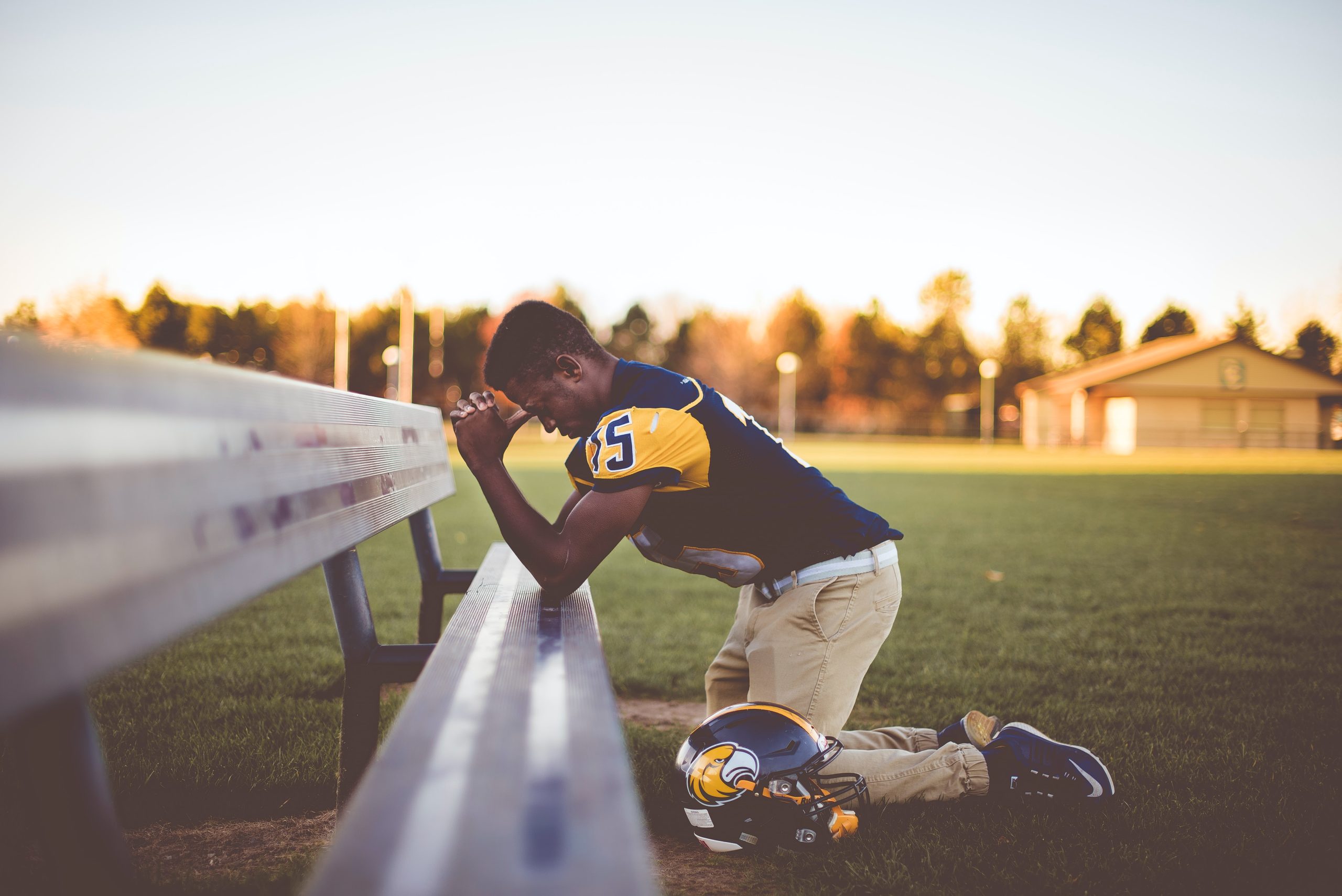
Lauren Moye, FISM NEWS
[elfsight_social_share_buttons id=”1″]
This week, a U.S. district judge again ruled governing body of high school sports in Florida acted legally when it prevented prayer at a state football championship game.
The issue stemmed from 2015, when the Cambridge Christian School of Tampa faced the University School of Jacksonville in a state championship game at a third-party stadium. The Florida High School Athletic Association refused to allow the schools access to the public-address system for a traditional opening prayer, and the Cambridge Christian filed suit alleging its First Amendment rights had been violated and arguing that prayers had been allowed at state championship games as recently at 2012.
Before the game, both high schools contacted the FFSAA for permission to engage in a pre-game prayer over the loudspeakers. These requests were denied. Instead, the teams engaged in private prayer on the field both before and after the game.
U.S. District Judge Charlene Edwards Honeywell concluded on Thursday that the PA system at the game fell under the category of “government speech” which means the “First Amendment does not apply.”
In so doing, Honeywell agreed with the FHSAA officials’ assertion that they were a “State Actor” who could not “legally permit or grant permission for such activity,” as they wrote in the 2017 opening brief for the case.
This is the second time that Honeywell has ruled against the school. In 2017, she also sided with the FHSAA. However, a unanimous U.S. 11th Circuit Court of Appeals decision remanded the case back to Honeywell in 2019 because “the district court was too quick to dismiss Cambridge Christian’s case.”
In making Thursday’s determination, Honeywell considered three factors: history, endorsement, and control. Despite the existence of prayer in the PA script of the 2012 championship games, Honeywell still ruled in favor of the FHSAA, stating, “The isolated incident of prayer against the backdrop of a decade’s worth of football championship final scripts without any mention of prayer is an aberration which cannot be relied upon to evidence a history of private speech.”
The presence of sponsored ads on the PA system also did not convince Honeywell that the Christian schools had been discriminated against. She also rejected the claims under the notion that “control” of the PA system belonged to the FHSAA in a government-owned facility. Additionally, FHSAA staff created the PA script.
All of this added to concerns that the prayer would be seen as a government endorsement of religion. The FHSAA argued that this would be especially true considering the requested place for the prayer in the night’s proceedings as being close to the national anthem and other patriotic traditions.
The school’s attorney, Hiram Sasser from the religious freedom organization First Liberty Institute, expressed shock about the decision when speaking to the Christian Post.
“There is so much private use of that P.A. system,” Sasser said. “To not allow the schools to use it for their opening prayer they always had just doesn’t make any sense.”
When discussing the 2012 Class 2A championship game prayer during oral arguments, the FHSAA said it had been a mistake to grant that prayer request. The judge used this admission as an additional justification as to why Cambridge Christian’s rights had not been violated.
In response to this, Sasser said, “You can’t excuse it away to say, well, we didn’t mean to treat those other people better. That’s no justification for the discrimination that took place. And I think that’s what we basically got to on the first appeal. And hopefully, that’s where we’ll get to in the second.”
